Word From The Herd ~ The Problem With Perfection
- KAW
- Sep 18, 2018
- 7 min read
Updated: May 19, 2021
"Perfectionism is armour. It's not internally driven like healthy striving. It's externally driven and fuelled by "What will people think?" Perfectionism is a twenty ton shield that keeps us from being seen..."
~ Brene Brown
"Practise Does Not Make Perfect. Only Perfect Practise Makes Perfect.” – a quote often credited to legendary football coach Vince Lombardi, but in more recent times, coined with regard to horse training. Now...please note I'm not disparaging any one type of horsemanship. You can learn something from everyone, even if it's learning that you don't want to do it that way. My difficulty is with the implementation of this particular goal, especially in the horse world.
Horses don't want 'perfect'. Like all animals (including ourselves), they just 'want' to feel comfortable, safe, and to be able to trust in their environment. All a horse wants is to be a horse.
I am not the first person to have written about all this, but I wanted to voice our particular observations from our years here at Wadi Farm, and in doing so support some of the wonderful horse owners we've welcomed here whose self-worth and connection to their horses has been damaged by misappropriated edicts such as the one at the top of this blog.
In our opinion, striving for perfection - and endlessly practising for perfection - can cause just as many issues as really serious mistakes when it comes to horse training.
Why? Here's where it gets tricky…
Practising perfection…rehearsing ‘perfect’ practise…can lead to a confused, anxious, even shut down horse, because you lose the flow. You are no longer in the moment because you are thinking about that next 'perfect' moment. Which may never come.
You 'stop riding' as some trainers phrase it - whether you are in the saddle or on the ground. You lose connection with your horse because your horse isn't where your focus is. You've lost focus in an attempt to rectify what you think are your mistakes in applying the ‘ask’ or the 'tell'. You do something, then stop and think, did I do that right? Meanwhile, your horse, who has started to do what it thinks you are asking, becomes confused by your vacillation/hesitation and hesitates itself, halted in it’s tracks by your lack of mindfulness. He is suddenly asking the same thing you are. Did I do it right? What did my human want? Should I keep going? Should I stop? And within milliseconds it's escalated...I’m confused. I’m not comfortable. I don’t trust my human as a leader anymore. There's too much inconsistency, I’m going to shut down or bolt. I can’t be here. I don't feel safe.
The horse then leaves - either physically, or mentally. Sometimes, sadly, the human hasn't even noticed, because they were never really 'there' in the first place.
Sound familiar?
Don’t worry, we've all done it. It's even worse when you are a beginner and listening to all those other horse folk who care too much about what everyone else is thinking and doing as well. 'If you don't do it right you'll stuff your horse up.' Or 'No, honestly, that's absolutely the way you have to do it or it won't work. Your horse will learn bad habits.' Or 'He'll think he's the boss if you don't do it right. You have to be dominant.' Or 'You have to turn your foot that way, and move your lead rope this way'. Etc. Etc.
I'm here to tell you that none of our horses have decided to take over as leaders just because we didn't hold our lead ropes a certain way or insist on a certain distance between us. And funnily enough they don't appear to be 'stuffed up' either. They seem quite relaxed and reasonably content to me. Why? Because we stopped trying to be perfect in our approach and in our technique. We changed our training methods and in some cases our whole approach to suit our individual horses. Kevin started focusing on the cattle in the yards instead of on what he was doing with his feet and his hands in the saddle...and the horse just followed the feel, and turned on a dime, and became the best little yard horse around, instead of being slow and hesitant.
I stopped hesitating and fumbling and second-guessing where my hands were and started to focus instead on being with my horse. I started focusing on where we had to go and not on which side my horse was on or how many inches away from her shoulder I was. After a while I dropped the use of the lead rope almost altogether, and went with affirmative reinforcement and as much liberty and choice as I could provide.
Horses are great at working out where they need to be once you've worked out where you need to be, funnily enough.
Just because I'm saying you don't have to do things perfectly does not mean you don't need to learn the basics. You do - it's only fair to your horse. You need to know the language - of both equus and horseman/woman. If you are sticking to groundwork you need to know how to lead safely, how to 'ask' and how to say 'yes I heard you say no, but today we need to get this done and it will be fine and I will keep you safe.' You need to know how to share leadership. If you're a rider you need to know how to ride - but in a balanced, relaxed way. You need to understand how to remain present with your horse while you're riding.
All I'm saying (again) is RELAX about it. You are you, an individual in your own right. So is your horse. You can get there your way. You don't have to have the perfect hand signals or keep your horse 'right there' all the time, or be in control all the time, or get the ropes or your weight shifts right all the time. Just focus on where you want to go, and go there. Or move your horse there. Finesse will come. Just start. And keep moving. Go with the flow. Do it because it interests you, or because you and your horse enjoy it. Take the competition and the ego out of it. In the grand scheme of things, the only thing that matters is that you and your horse feel safe and comfortable and connected. You don't have to prove anything to anybody - except your horse.
My recommendation is to aim for consistency rather than perfection. Once again...you can be consistent and clear and still allow for change. Have goals - but if the day doesn't go that way, maintain a positive attitude. (As in...we wanted to complete a bigger bush walk, but we got this far and everything went well. We'll go home now and try for more tomorrow.)
You can allow for choice and change. You can allow your boundaries to flow with your horse. Just remember that if you allow your horse to choose, and they do, then you have to respect that. Respect the 'no'. Or...if you can see that your horse is tired or about to go his own way, allow for a change of direction and pace. Flow with it. Be consistent. And carry on.
Have intent and focus. Share these with your horse.
Aiming for excellence is fine, but perhaps what's more important is to aim for minimal physical difficulty and maximum flow and benefit to the horse. Because this will benefit you too. You don't have to aim for perfect signals...simply aim for clear and consistent.
Aim for simply 'being' with your horse, if that's all you want to do. Nothing. Else. Matters.
Thank your horse. Be grateful for what they give. And then thank yourself for doing right by your horse. Don't worry too much if you are living a horse life that doesn't seem to fall in with that of some of your mates. Remember... 'what other people say about you is none of your business.' Your hands are your hands and it's not my place to tell you where on a lead rope they need to go. That's between you and your horse, because what your horse thinks about you can be quite important to both your welfare and his.
Finesse can be achieved at almost any point in any equine career…it’s a little harder for some but seriously, it can be. Subtly, flair, elegance, assurance, refinement...these skills can be achieved after connection. After trust is gained. After intent and focus and fun are learned.
So if you really want to practise, practise happy, with your horse. Practise patience and behaviour recognition. Practise failing forward. Practise fun. Practise compassion and kindness and understanding and love. Practise being, rather than doing all the time.
We are all still learning.
I finish with another little story too, from a well known author...
"When I was 15, I spent a month working on an archeological dig. I was talking to one of the archeologists one day during our lunch break and he asked those kinds of “getting to know you” questions you ask young people: Do you play sports? What’s your favourite subject? And I told him, no I don’t play any sports. I do theatre, I’m in choir, I play the violin and piano, I used to take art classes.
And he went WOW. That’s amazing! And I said, “Oh no, but I’m not any good at ANY of them.”
And he said something then that I will never forget and which absolutely blew my mind because no one had ever said anything like it to me before: “I don’t think being good at things is the point of doing them. I think you’ve got all these wonderful experiences with different skills, and that all teaches you things and makes you an interesting person, no matter how well you do them.”
And that honestly changed my life. Because I went from a failure, someone who hadn’t been talented enough at anything to excel, to someone who did things because I enjoyed them. I had been raised in such an achievement-oriented environment, so inundated with the myth of Talent, that I thought it was only worth doing things if you could “Win” at them."
~ Kurt Vonnegut, Author
💗💗
(all photos (c) KAW)















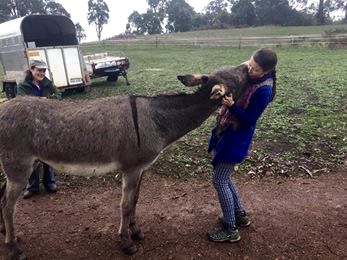

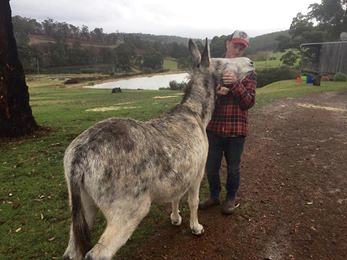

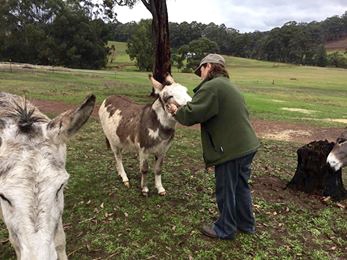



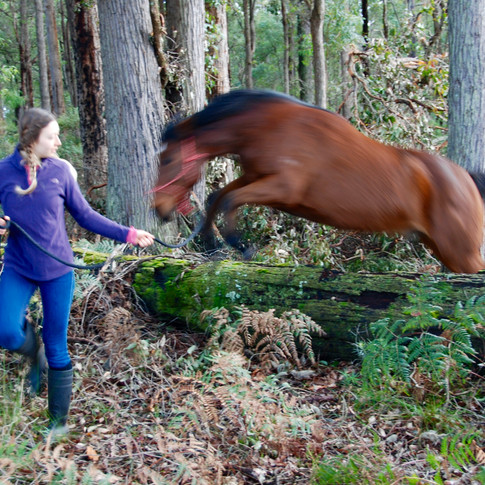



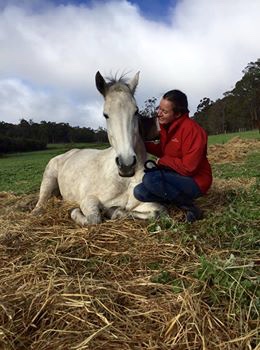










Comments